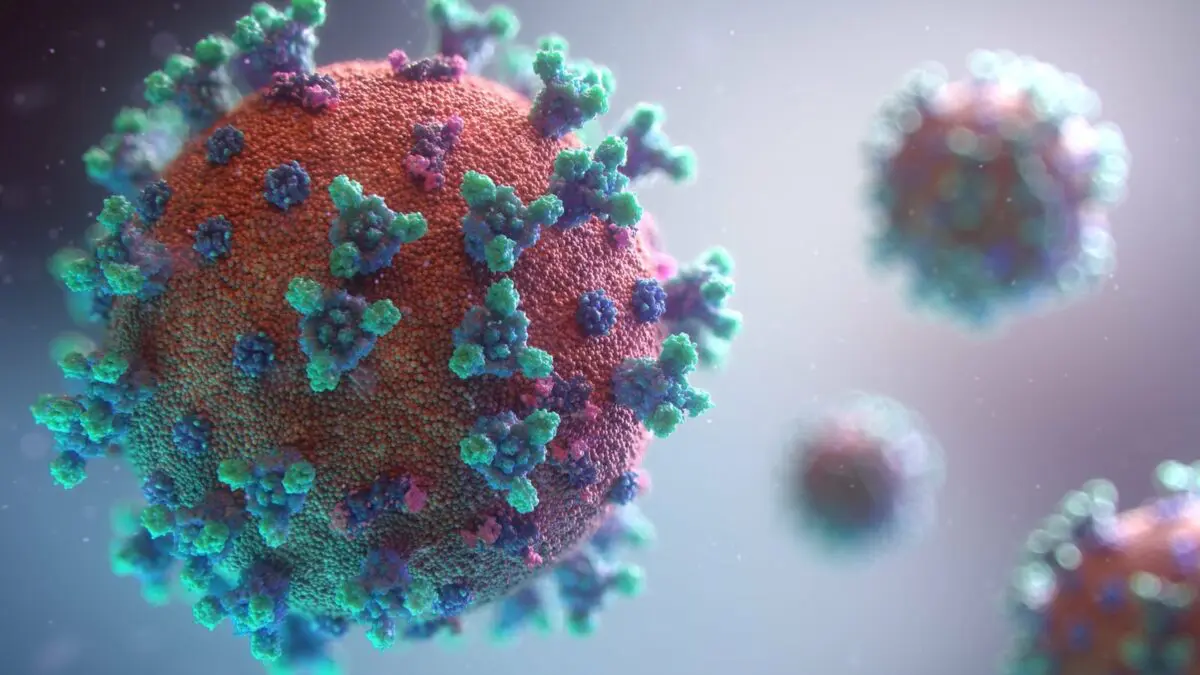The European Technical Advisory Group of Experts on Immunization (ETAGE) met virtually on 14 March 2022 to update its recommendations for Member States of the WHO European Region on prioritization and use of COVID-19 vaccines.
Based on a review of available evidence on vaccine effectiveness, the status of COVID-19 vaccination in the Region, and global guidance from the Strategic Advisory Group of Experts on Immunization (SAGE), ETAGE concluded the following.
- The primary public health objectives of COVID-19 vaccination programmes in every country should remain to reduce severe disease and deaths and to maintain essential services.
- The highest priority in every country should still be to ensure and provide a primary series (1–3 doses, depending on the vaccine product) and a booster dose to the highest-priority target population groups:
- most vulnerable populations (moderately and severely immunocompromised individuals of any eligible age; older adults; residents of long-term health-care facilities; people with underlying health conditions; and disadvantaged sociodemographic groups, including refugees and migrants);
- close contacts of immunocompromised people; and
- identified essential services workers (for example, front-line health- and social-care workers and school teachers).
- In line with SAGE’s advice, ETAGE recommends a reduced interval of 4−6 months between the primary dose series and a booster dose to optimize protection in the population.
- Evolving evidence demonstrates that the use of different COVID-19 vaccine platforms (that is, vaccine products) for the primary series and booster dose is effective. Therefore, countries may use either homologous or heterologous schedules to facilitate improved COVID-19 vaccine uptake.
- Countries may consider vaccinating their healthy population aged over 12 years simultaneously with the highest-priority groups if they have sufficient vaccine supply and financial and human resources. However, countries should ensure that vaccination of lower-priority groups does not divert resources from fulfilling the main objective of protecting vulnerable people who are likely to develop severe disease, and maintaining operation of essential services.
- Taking into account that COVID-19 is less severe in healthy children aged 5−11 years, countries should postpone vaccination of this population group until they reach high uptake with primary doses and a booster dose in the highest-priority population groups. While making decisions on vaccinating healthy children aged 5−11 years, countries should consider the balance of benefits and risk of COVID-19 vaccination in this age group, as well as financial and programmatic considerations.
- The implementation of COVID-19 vaccination of children (aged 5−11), including those who receive vaccination as part of the priority population groups, requires training of health-care workers regarding the specific formulation, dose and volume of vaccine for use in children to avoid programmatic errors.
- Countries should continue to improve their immunization information systems to collect vaccination uptake data for the COVID-19 vaccine primary dose series and the booster dose by age group and by target population group (for example, health-care workers), as well as data on enablers and barriers to vaccination. Such data will help to improve monitoring of COVID-19 vaccination programme performance, identify vaccination gaps and plan targeted interventions.
- The pandemic caused disruptions to routine health services and greatly impacted immunization systems, leaving many children unprotected against vaccine-preventable infections. Countries should undertake efforts to establish and implement catch-up vaccination strategies to ensure children who missed their routine doses are vaccinated at the earliest possible opportunity.
A full report of the meeting is forthcoming and will be posted on the WHO/Europe website.







